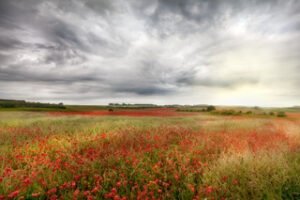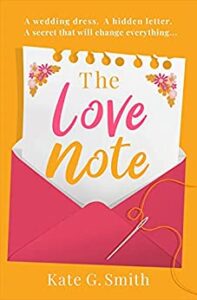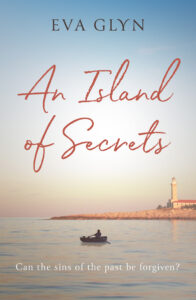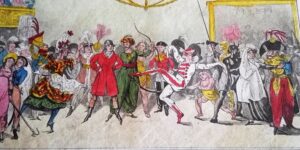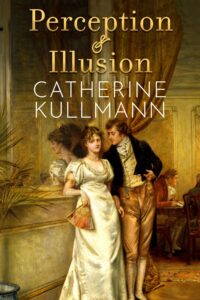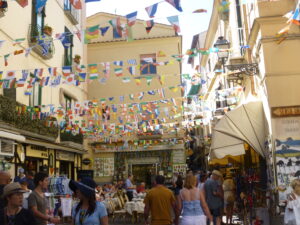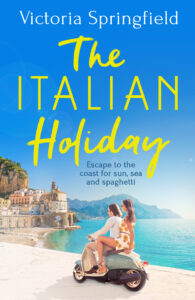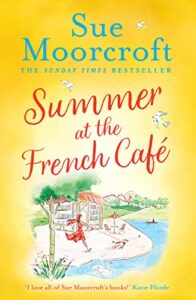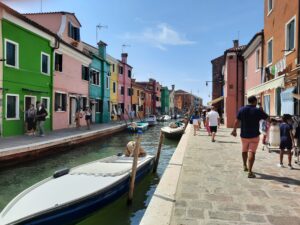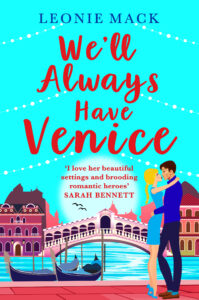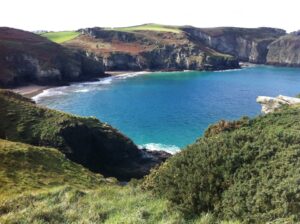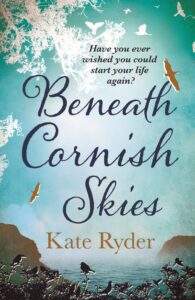 I’ve always dreamt of owning a folly and specifically to have one as my writing space. I’ve also always loved the thought of having a walled garden where I could grow vegetables, fruit trees and flowers. I don’t have either of these and doubt that I ever will but there was nothing stopping me putting both of them in a book. It had to be the right book though and when I was writing my latest historical novel, The Beekeeper’s War I knew this was that book.
I’ve always dreamt of owning a folly and specifically to have one as my writing space. I’ve also always loved the thought of having a walled garden where I could grow vegetables, fruit trees and flowers. I don’t have either of these and doubt that I ever will but there was nothing stopping me putting both of them in a book. It had to be the right book though and when I was writing my latest historical novel, The Beekeeper’s War I knew this was that book.
The Beekeeper’s War is set during the First and Second World Wars when Pru Le Cuirot, a young Jersey girl and her friend go to work as nurses in a beautiful manor house in Dorset being used as a hospital for recuperating injured soldiers. Later in the book Pru’s daughter Emma goes to stay at the manor and discovers an unfriendly beekeeper tending to his beehives in a beautiful walled garden. When Emma arrived she was told to enjoy the grounds but stay away from the folly, which is why she went looking for someone to speak to and ask where the folly is so she that could avoid it.
Not wishing to go where she shouldn’t, Emma decided to ask someone so that she could avoid the folly. She spotted a walled area to her right with a painted wooden door, so she doubled back on herself and went to look inside. It was slightly open so she entered, relieved to see someone working at the far corner. It was a beekeeper. He would know where the folly was, surely.
‘Hello?’ Emma called. He didn’t seem to hear her as he stood pointing a metal container with smoke coming out of it at one of the hives. She walked closer to him and called out to him once again. ‘Excuse me?’
 The next thing she knew, she was being pushed roughly from behind. Emma shrieked as she fell forward, landing hard on the stone pathway. She gritted her teeth as pain shot through her right knee, and, sitting up, she turned to see who had attacked her.
The next thing she knew, she was being pushed roughly from behind. Emma shrieked as she fell forward, landing hard on the stone pathway. She gritted her teeth as pain shot through her right knee, and, sitting up, she turned to see who had attacked her.
‘Buddy!’ the man bellowed. ‘Get down, now!’
Emma saw a large bouncy dog that looked like a cross between a Labrador and something else.
The man tapped his thigh and the dog loped over to him. ‘Are you hurt?’ he asked, hurrying over to her.
Emma raised her hand. ‘I’m fine,’ she insisted, not sure that she was, and rubbed her sore knee. She got to her feet.
The man stared at her. At least she presumed he was staring at her. It was a little difficult to see though the beekeeper’s hat with the black mesh obscuring his face.
‘Did you want something?’ He didn’t seem all that friendly all of a sudden, which was odd, seeing as it was his dog that had pushed her over. Maybe he was simply surprised to see a stranger in the garden.
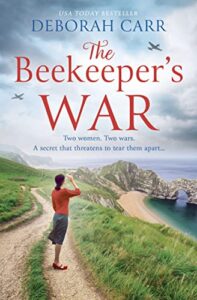 ‘Um, I was wondering if you could help me.’
‘Um, I was wondering if you could help me.’
‘Should you be in here?’
‘Yes.’ She realised that entering the walled garden hadn’t been the clever idea she had imagined it to be.
‘Really?’
She wasn’t sure what business it was of his but, wanting his help locating the folly, decided to appeal to his friendlier side. If indeed he possessed one.
The Beekeeper’s War is out on July 21st. Find out more about my books at deborahcarr.org.


